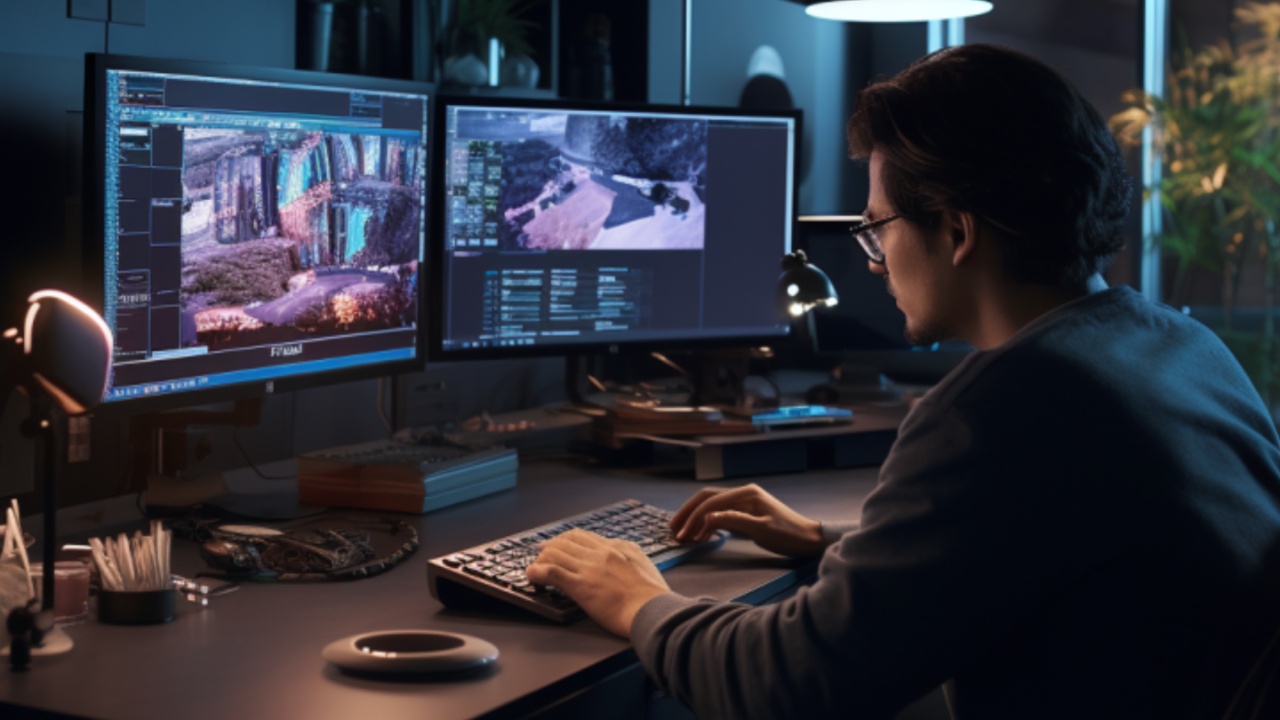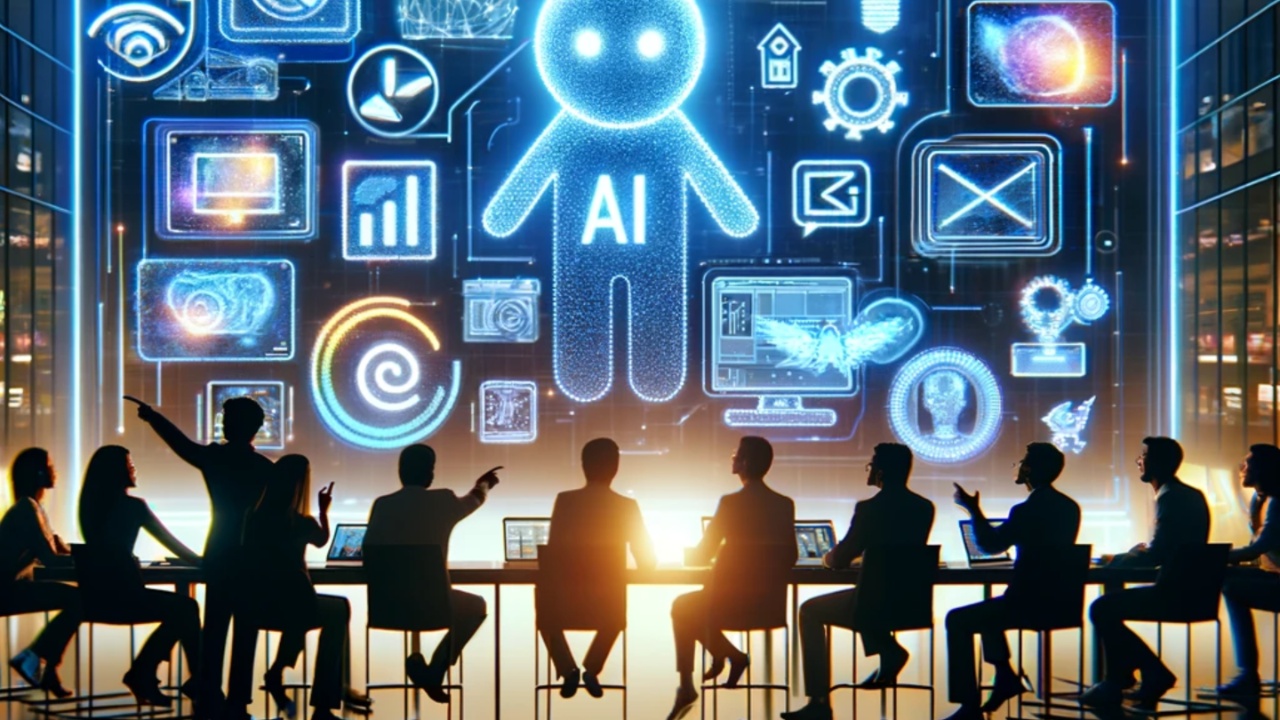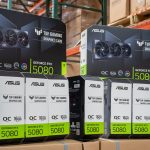Generative AI tools have steadily integrated into various sectors, especially within marketing agencies. Their main advantage remains in streamlining processes, allowing for faster and more cost-effective creative production. One of the most recent implementations is from the Brandtech Group’s Pencil unit, which focuses on providing AI-driven marketing solutions.
In collaboration with Google, Pencil has integrated the tech giant’s AI-based video generation model, Veo 2, into its offerings. This partnership aims to enhance the creative output and efficiency of marketers by providing them with advanced tools for video, text, and image generation.
Google’s AI Models Enable Seamless, Scalable Content Creation for Marketers Across Industries
The integration of Google’s advanced AI models—such as Gemini for text generation, Imagen 3 for image creation, and Google Cloud’s ABCD framework for asset analysis—into a single interface allows for seamless content creation. The goal is to empower marketers to produce high-quality AI-generated content that can be deployed quickly and at scale.
This collaboration aims to maximize both time efficiency and creative potential, offering agencies the tools to generate diverse content in a fraction of the time compared to traditional methods.

A prime example of the effectiveness of this AI integration is the collaboration between Pencil, Jellyfish, and Japan Airlines (JAL). The airline sought to enhance its inflight entertainment experience by using AI to create a series of short films shown on passengers’ seat-back monitors.
These films, designed to encourage tourism in Japan, were produced using Veo 2’s capabilities. The project showcased the flexibility of AI in crafting targeted and relevant content based on the timing and context of the flight, which was a significant improvement over conventional marketing techniques.
Veo 2’s AI-Driven Process Offers Fast, Realistic Video Creation with Significant Cost Savings
The standout feature of the AI-driven creative process is the high level of realism and control offered by Veo 2. It can generate realistic video content from text and image prompts, and with the help of Google’s Gemini models, the entire creative process—from concept to final production—was completed in less than 15 hours.
This rapid turnaround is a game changer for marketers, providing a commercially viable solution for producing quality content at speed. According to Will Hanschell, CEO of Pencil, this represents the first enterprise-ready video generation model supported by Google’s infrastructure, which assures marketers that the content they create can be used for real-world campaigns.
Beyond improving creative quality, AI integration has proven to be an incredibly cost-effective solution. A close source to Pencil revealed that Google marketing teams had tested Pencil’s capabilities in over 50 pilot projects, generating 80,000 iterations and producing 25,000 final assets. The results demonstrated substantial time and cost savings, with high-end creative executions seeing reductions of 20-30%, while mass-scale executions achieved savings of up to 80-90%.
These improvements underline the potential of AI in transforming how agencies handle large-scale marketing campaigns, offering both creative and financial benefits. As Lisa O’Malley from Google Cloud noted, AI is revolutionizing marketing by enabling agencies to deliver more impactful and efficient campaigns for their clients.




